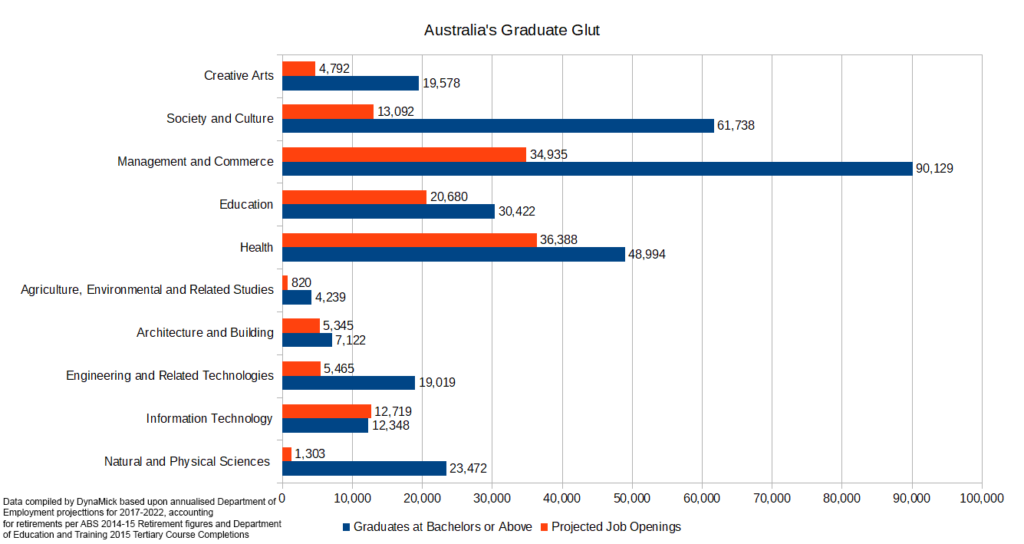The ABS released the results of Australia’s survey into the legalisation of gay marriage today. The headline result was a win for the ‘Yes’ vote, with 61.6% of the vote which should translate into legislation in the near future. Thanks to the release of data per electorate, we can also use this to take a look at what sorts of communities were more supportive of the change. As a pure issue of social liberalism versus conservatism, this gives us the opportunity to consider positions of groups of people solely on an axis of social issues, rather than conflating them with economic issues as is the case in general elections. As the data is only detailed down to a per electorate basis however, we do need to consider that across an electrorate there may be substantial variation as well as a cacophony of variables acting in multiple ways, so these are certainly guides rather than anything genuinely scientific.
Author: Mick
Botanic Gardens
Some plants and animals from the National Botanic Gardens.
The Ideology of Self-Help
The self-help book is ubiquitous, filling the shelves of bookstores and offering to solve the problems of your life. From happiness to loneliness to overeating, everything can be solved with a ten step plan. In the digital age, a cottage industry of self-help websites have sprung up, with similar promises and even less scientific backing. Self-help books are the world’s best selling genre. They demonstrate both our dissatisfaction with our lives and the all pervasive nature of the ideology which underpins them.
Historical Graduate Outcomes
To further my earlier post on STEM oversupply, I took a look at historical graduate numbers and job openings (on a three year rolling average to smooth out fluctuations), using data from the ABS and the Department of Education & Training, accounting for not just retirement but also deaths and migration (though occupation data on skilled migrants isn’t available). In short – even under the old restricted entry system, graduates often outpaced opportunities but the combination of economic slowdown and increased access to education after the GFC has led to this gap widening to its present unsustainable level.
The STEM Delusion
Deregulation of university places by the Gillard government has left a legacy of massive graduate oversupply. The chart above makes for stark reading, with many more graduates than jobs available for them in every field except IT, much like the situation in the US. The much vaunted STEM field, which Australia’s Chief Scientist declared should be “at the core of almost every agenda” is revealed to be a hollow wasteland, with 18 graduates for every job in the maths and sciences. The supposedly “always in demand” engineering sector provides a similar employment proposition to the much derided creative arts stream. Without jobs in their area of study, graduates in SEM will be forced outside it in order to find work, if indeed they can find skilled work at all given the depths of the oversupply. So how did we get here, and why is STEM still lionised as a cure-all to employability?
Jerra Hill
Some flowers and little creatures from Jerrabomberra Hill.
Ainslie and Majura
Checking in with the wildlife around Mounts Ainslie and Majura.
Tara : Present
They would be cowboys again,
Roaming wild on plains so free.
The mob’s fiendish head led a chant
“Burn the red tape, release the economy!”
Where Is The Australian Left?
Since the GFC and subsequent stagnation obliterated the established orthodoxies, we’ve seen a re-emergence of radicals on both the left and right worldwide. From Bernie Sanders to Donald Trump, Syriza to Golden Dawn and Jean-Luc Melechon to Marine Le Pen, the Overton Window has been blown out by charismatic firebrands on both sides of centre. If we are to build a better society, we need these folks for their ability to think outside the square and imagine alternatives to the status quo. Australia has the re-invigorated Pauline Hanson, onion-infused Tony Abbott and pure reactionary Cory Bernardi providing right wing alternatives, but where is our left?
The Intellectual Poverty of Late Stage Taylorism
What do you do?
To this common icebreaker, one is expected to respond with their job title. But I write, I think, I analyse, I research, I design, I create, I photograph and I develop, there is much more to my abilities than just ‘Mechanical Services Engineer’ or ‘Software Developer’. The intellectual poverty of late stage Taylorism has driven us into tiny little silos with exceedingly specific skills, debasing our general abilites and as a result we are losing the ability to consider things holistically or systemically.
Continue reading “The Intellectual Poverty of Late Stage Taylorism”
